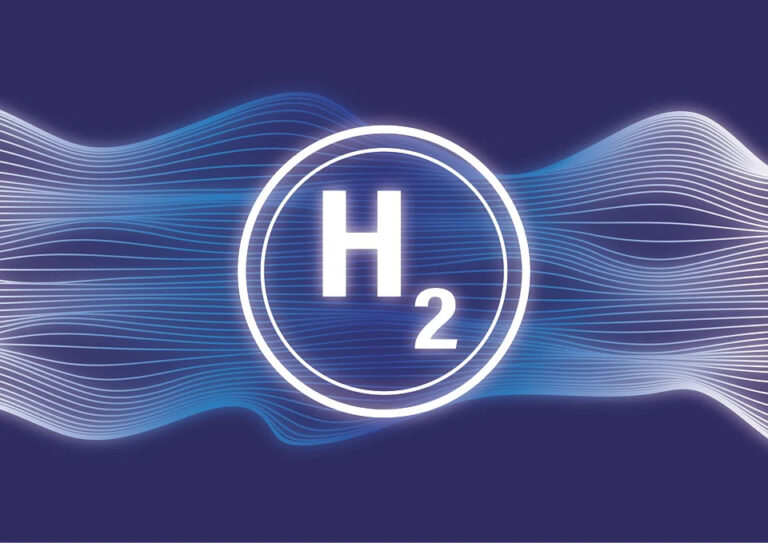The participating states are contributing 30% to the amount, the German Federal Ministry for Economic Affairs and Climate Action revealed, adding that part of the funding is also supported by the German Recovery and Resilience Plan (DARP), which is financed by the European Union’s NextGenerationEU Recovery and Resilience Facility. The companies are investing an additional €3.3 billion, bringing the total investment volume by 2030 to around €7.9 billion.
The support is being provided for projects along the entire hydrogen value chain, from the production of green hydrogen to transport and storage infrastructure and the use of hydrogen in industry. The projects include up to 1.4 GW of hydrogen production capacity and 370 WGh of hydrogen storage, pipeline infrastructure of up to 2,000 kilometers and the use of liquid organic hydrogen carriers (LOHC) for the transport of 1,800 tonnes of hydrogen per year.
A particular focus is on the interaction of individual projects as several of them are forming cross-state clusters of pipeline, storage and infrastructure with connections to industrial users in energy-intensive sectors such as the steel and chemical industries. Other projects are intended to enable pipeline-based hydrogen imports to Germany by connecting pipelines from neighboring countries, such as the Netherlands.
Federal Minister for Economic Affairs and Climate Action Robert Habeck said: “By promoting hydrogen projects, we are taking an important step towards a climate-neutral and sustainable economy in Europe and beyond. We are giving the green light for the construction of electrolyzers in the three-digit megawatt-class, thus enabling important progress in the domestic production of green hydrogen. An efficient hydrogen infrastructure plays a key role in enabling the decarbonization of industry and the energy sector.”
To note, the supported projects include three RWE ones. Specifically, €619 million will be provided for the construction of a 300 MW electrolyzer to generate green hydrogen in Lingen, Lower Saxony, as part of the GET H2 Nukleus project, as well as a hydrogen facility in Gronau-Epe, North Rhine-Westphalia. Additionally, €199 million has been granted to a consortium developing a 100 MW electrolyzer plant at the port of Rostock, Mecklenburg-Western Pomerania, as part of the HyTechHafen Rostock project. RWE is a member of this consortium.
